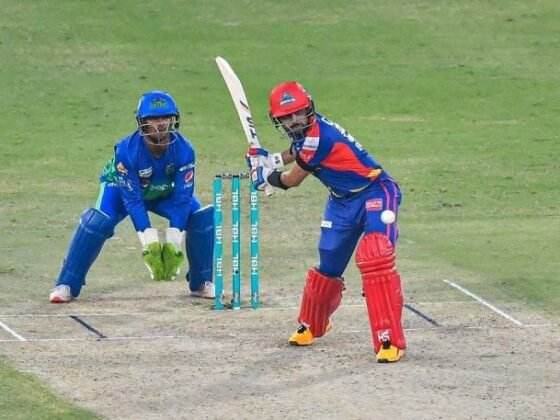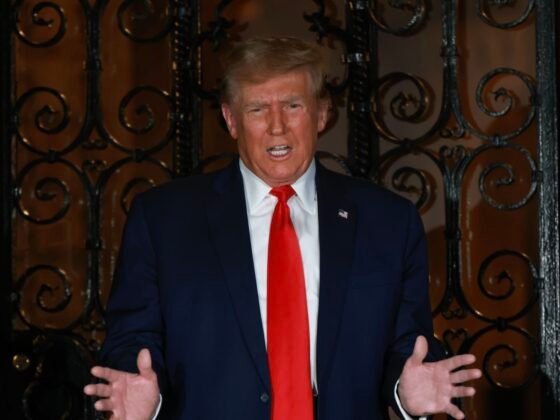Greater than half one million Muslim Rohingya, a stateless ethnic minority, have fled Myanmar for Bangladesh since violence erupted on Aug. 25, however it isn’t clear what number of then sought to journey on to India.
Final month India ordered its border guards to make use of “impolite and crude” strategies, equivalent to “chilli and stun grenades”, to dam their entry.
However that directive clashes with one other process India’s Hindu nationalist authorities has set its border guards – to maintain cows, seen by many Hindus as sacred, from being smuggled into Bangladesh for slaughter, in a commerce value $600 million a 12 months.
“It’s arduous to cease cows and human beings on the identical time,” a senior official of India’s Border Safety Power (BSF), which has about 30,000 troops patrolling the frontier with Bangladesh, mentioned in New Delhi, the capital.
“The collective obligation to grab cattle and push Rohingyas is having a adverse impression on the morale of our troops,” added the official, who declined to be recognized as a result of he was not approved to talk to the media.
“Now we have conveyed this message to the highest authorities officers.”
He was certainly one of 4 senior officers who informed Reuters that Prime Minister Narendra Modi’s authorities should determine which process ought to get precedence.
An official of the Indian house ministry informed Reuters the authorities have been working to deal with the considerations of the border guards, who’ve been profitable in blocking entry of the Rohingya.
India desires to deport about 40,000 Rohingya refugees who arrived in earlier years, calling them a menace to nationwide safety, regardless of an outcry from rights teams.
FEWER OBSTACLES
Because the violence in Myanmar, there was a sudden rise within the variety of cattle coming from India, mentioned merchants in Bangladesh, which considers the border commerce authorized.
“There are fewer obstacles to getting cattle from India proper now,” mentioned Rabiul Alam, secretary of the Bangladesh Meat Merchants’ Affiliation, which has about 1,000 members.
In July, India’s high courtroom suspended a authorities ban on the commerce of cattle for slaughter, giving a lift to its meat and leather-based industries, value greater than $16 billion in annual gross sales, and run principally by members of the Muslim minority.
The slaughter of cows was already banned in most components of India, however Hindu hardliners and cow vigilante teams have been more and more asserting themselves since Modi’s authorities got here to energy in 2014.
Stopping the cattle smugglers shouldn’t be simple.
No less than 400 border guards have been injured and 6 killed in such operations since 2015, BSF figures present.
The guards typically should wade via fields and ponds, wielding bamboo sticks and ropes to discourage smugglers and spherical up the cattle.
“Accidents to guards is nearly a routine affair now,” mentioned R. P. Singh, a BSF official in West Bengal state, which shares a 2,216-km (1,375-mile) border with Bangladesh.










